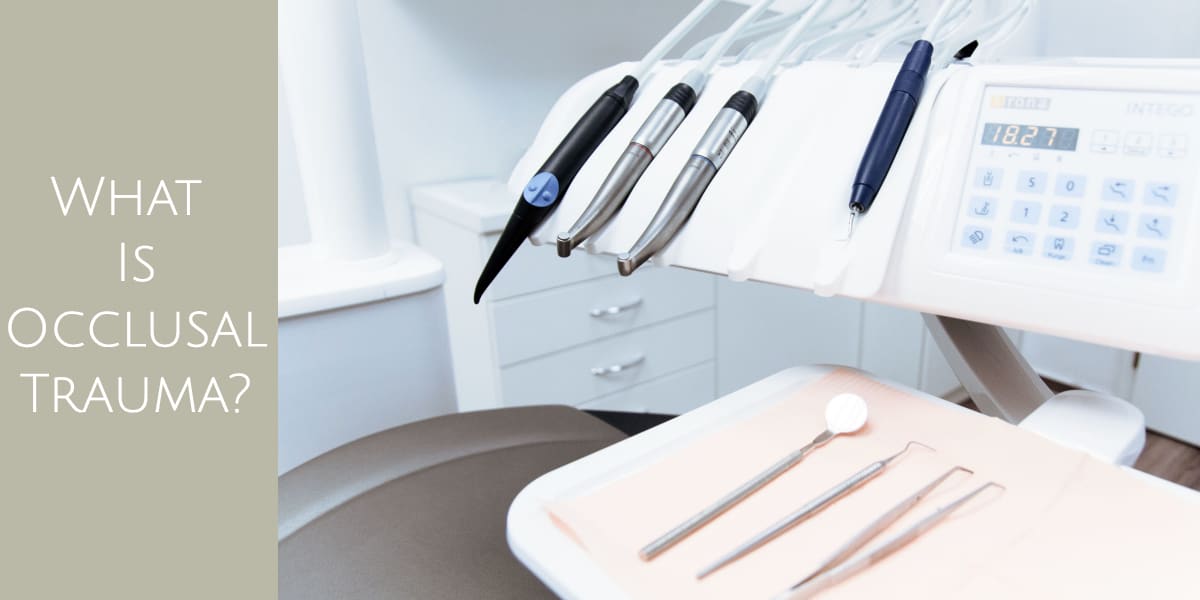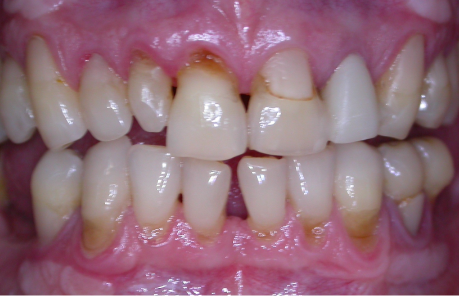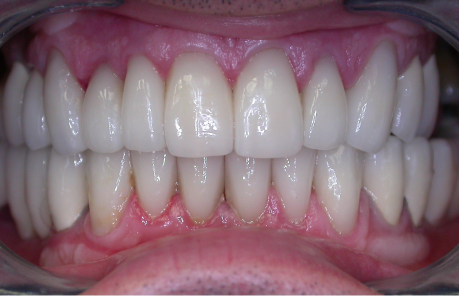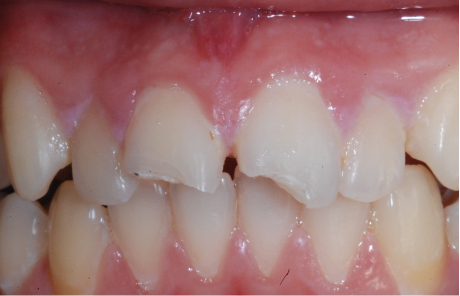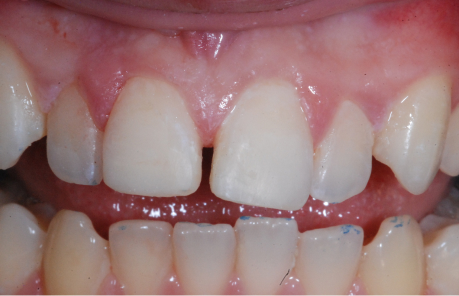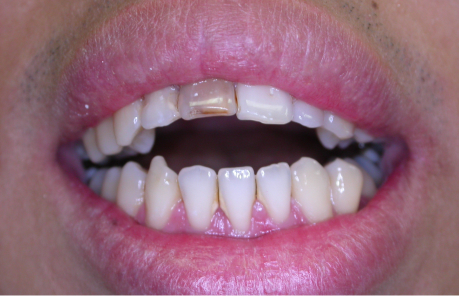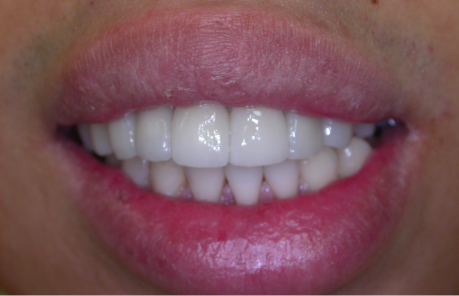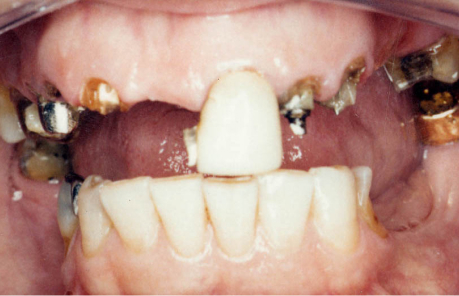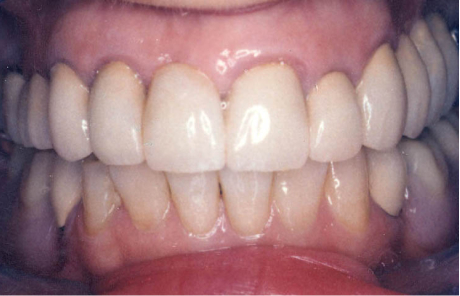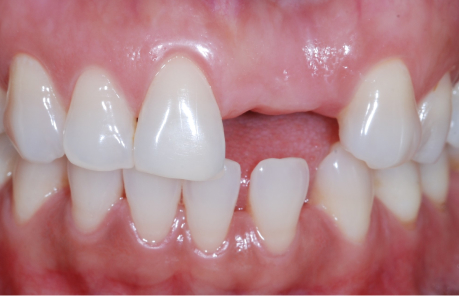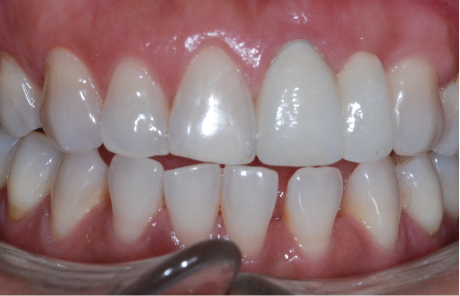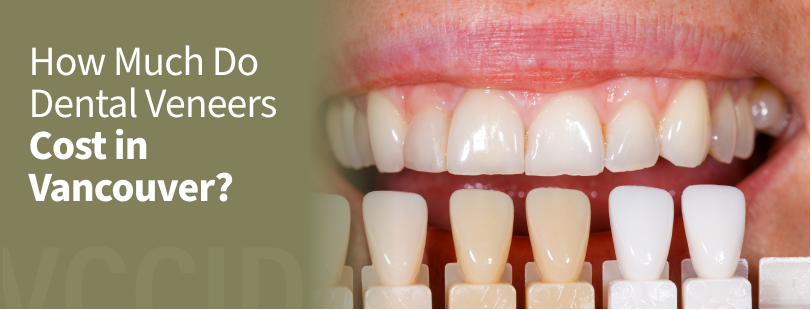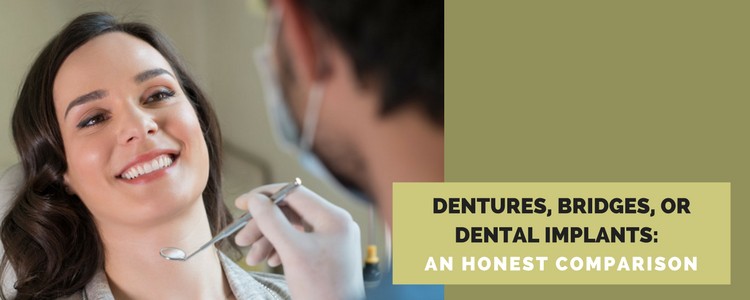Occlusal (bite) trauma is the dental term to describe when one or several of your teeth are receiving excessive pressure/contact from the opposing teeth, or in an area that is functionally not ideal. Ideally when you close your mouth, your molars should all touch and fit together simultaneously without any shifting, sliding or excessive pressure in any one tooth or area.
Your front teeth will often also make contact but they should not make contact before your back teeth, nor should the contact be heavier than the back teeth. Alternatively, someone may have what appears to be a perfect bite but they either clench or grind their teeth. This can be during the day but more often it occurs while sleeping. The excessive pressure on the teeth can also lead to occlusal trauma despite having a good alignment of the teeth.
Causes Of Occlusal Trauma
There can be many different causes that eventually lead to occlusal trauma. It is probably one of the most untreated conditions in dentistry, simply because it is difficult to notice until it becomes a problem, and possibly because as dentists we have failed to fully understand and appreciate how a subtle change in one’s “bite” can make a significant difference (my opinion).
Occlusal trauma may occur because one’s teeth never aligned ideally from the time that the adult teeth erupted. Alternatively over time our teeth wear and shift and teeth that were once in perfect alignment may become misaligned. Sometimes dental work is done which can be “off” slightly. Our bodies have a tremendous ability to adapt and if something is off just slightly we may not notice or become aware of it.
Signs And Symptoms Of Occlusal Trauma
Occlusal trauma can become severe and very painful if it is not treated. Although occlusal trauma is not the only issue that can cause the following symptoms it does need to be ruled out in a differential diagnosis of possibilities:
- Sensitivity (teeth) to temperature
- Wear and fracture of your teeth and fillings (or other restorations)
- Exposed dentin layer
- Looseness or movement of teeth as you close
- Inflammation of the gum tissue
- Pain or sensitivity to biting
- TMJ or jaw pain
- Bone loss around teeth or implants
- Periodontal disease
- Teeth feel ‘sore’
- Abfractions (fractures in your enamel at the gum line or on the biting surface)
- Tired facial muscles (due to clenching and grinding)
- Teeth are sensitive to ‘hot’ and ‘cold’
- Teeth shift over time
Effects Of Occlusal Trauma
Occlusal trauma, when left untreated can have an incredibly harmful and permanent effect on your teeth.
- Eroding enamel or dentin, potentially severe wear
- Shifting of teeth
- Traumatizing the jaw bone leading to bone loss, potential tooth loss
- Cracks or fracture of teeth
- Severe trauma leading to death of the pulpal tissue and necessity for root canal
- Damage to the structure & position of teeth
How To Prevent Occlusal Trauma
The best ways to prevent Occlusal trauma is early detection and early treatment. This destructive oral disease can affect patients of all ages. The best way to detect this is to visit your dentist although some of the above symptoms If you feel like you’ve been grinding your teeth or you avoid certain parts of your mouth when you chew, tell your dentist!
Most of us do not have a perfect set of teeth. In some cases we develop an avoidance pattern of chewing in areas where the teeth do not fit together. This avoidance pattern can become habitual and worsen until it’s caused severe damage/wear to the original form of the teeth r even TMJ problems.
Lastly if you lose any teeth you should consider replacing them. Although we can adapt and chew reasonably well even if we lose a few teeth, often the other teeth will shift and and move and this may cause them to be in traumatic occlusion. If you have lost any teeth speak to your dentist regarding the importance of replacing them and if recommended, what options you have to replace them.
Treatment For Occlusal Trauma
In order to treat occlusal trauma, it’s necessary for the cause of the trauma to be identified and eliminated. Your dentist may take different approaches, depending on how severe the case is. Treatments vary and are specific to the root cause of your occlusal trauma. For example: if it is the result of a crowded bite, your dentist may suggest certain teeth be removed. If it is the result of an uneven filling, your dentist will file it down until your bite fits comfortably. It may require orthodontic treatment. On the other hand it may simply be a 5-10 minute adjustment (reshaping) of one or several teeth to allow the teeth to close evenly and without excessive pressure on any one tooth/area. Treatment plans are based on a case by case basis and your dentist will have to determine the cause of your occlusal trauma before it can be properly corrected.
Visit Your Dentist
Occlusal trauma is such a common oral health problem and it can be easily prevented. If your bite doesn’t fit or feels uncomfortable, contact your dentist and avoid damage caused by shifting teeth. The Vancouver Center For Cosmetic & Implant Dentistry can help diagnose, test and treat occlusal trauma. The sooner it is treated and diagnosed, the less the risk of long-term damage you have for your teeth. Contact us today.
